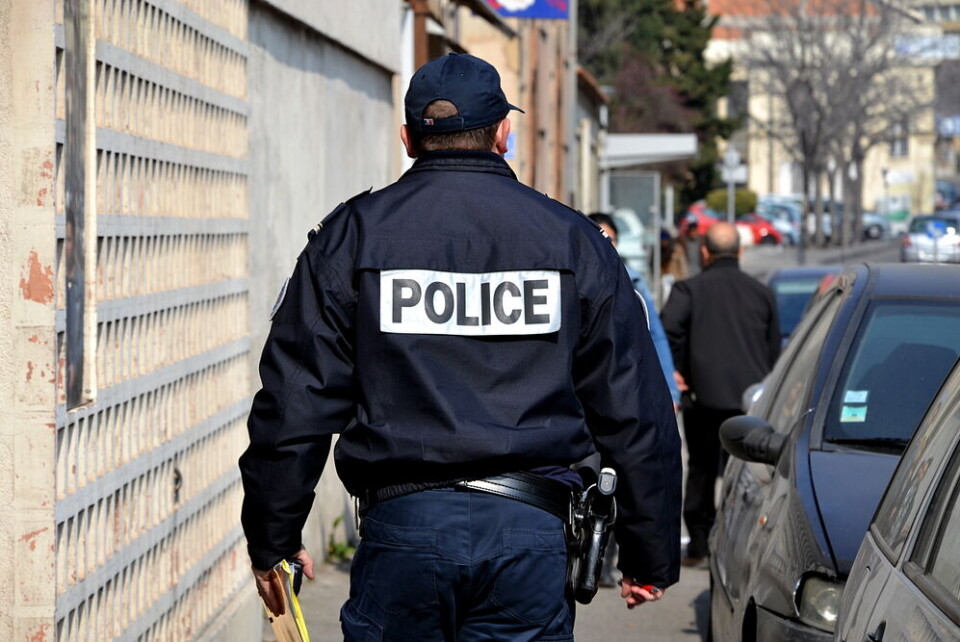-
Hospital fees set to increase in France: how will patients be affected?
Plans to save €400 million from social security spending targets several flat fees
-
New pink number plates in France lead to more police road checks
The plates are designed to enhance visibility and deter fraud
-
Alder pollen spike leads to warnings across most of France
Parts of the south-west at highest risk. Cypress pollen is also present along French Riviera
French police launch recruitment of 30,000 reserve officers
The personnel, recruited over the next few years, will be trained in using a firearm and will aim to improve police services on the ground and boost links with the public

The French police force will tomorrow (March 7) launch a campaign to recruit 30,000 reserve personnel, who will be trained in using a firearm but will take on more everyday, community-based tasks.
The police force currently has 6,700 members, mainly made up of retired police officers. This is far fewer than the gendarmerie reserves, which make up almost 40,000 members.
The recruitment campaign is set to begin tomorrow, and is open to the French public.
Police commissioner Frédéric Laissy, head of the information and communication service, le service d’information et de communication de la police (Sicop), said: “The objective is to aim for around 30,000, of which 70% will be public citizens.”
The objective is twofold; first, to reinforce services on the ground, especially as the 2024 Olympics Games in Paris approach. Second, to improve police links with the public, after several years in which many (especially young people) have protested against the police.
The goal is to initially recruit 1,500 reservists in 2022, and 2,000-2,500 in 2023.
The criteria include:
- Must be at least 18
- No criminal convictions
- Must pass a security check
- Must pass an oral interview
Sign-ups will be taken directly on the service-public.fr website or via the devenirpolicier.fr portal.
Until now, citizens involved in the reserve police could only carry out “a limited number of missions, such as support, reception, logistics, and always in civilian clothes," said Mr Laissy.
But the future reservists will receive initial training of four weeks, within CRS companies, during which they will learn shooting, intervention, and arrest techniques.
By the end of the course, they will be able to carry out duties such as supporting police rescue patrols on public roads, surveillance at borders and airports, and roadside checks (for alcohol or speed).
However, they will not be able to join a BAC (Brigade de recherche et d'intervention, search and intervention, a force specialised in serious criminal cases such as armed robbery and kidnapping), or a judicial police security (PJ) team.
They will also not be able to take part in any public order enforcement tasks.
They will wear the same uniform as police officers with a personal bullet-proof jacket, but will have to hand in their weapon after each mission.
They will be limited to working a maximum of 90 days per year, with each shift paid at around €80.
Related stories
Massive shows of police strength suit Macron for re-election bid
Paris police officer who insulted sexual assault victim suspended
























